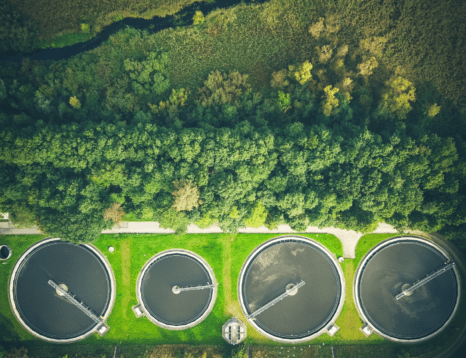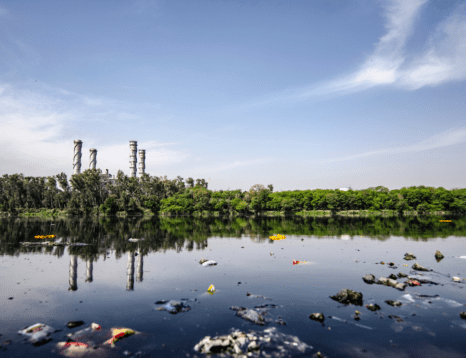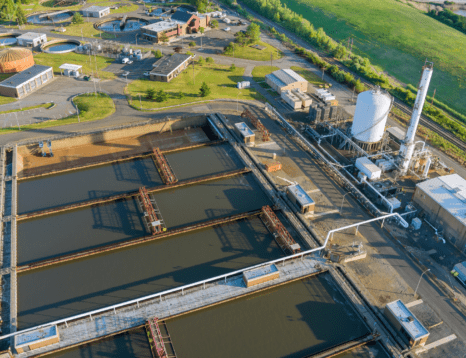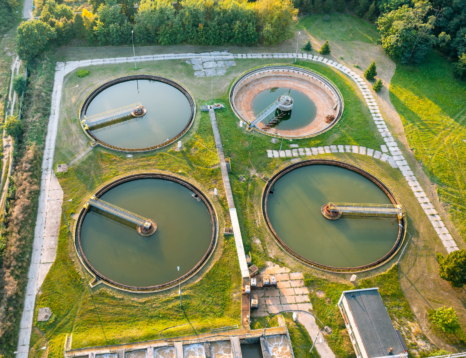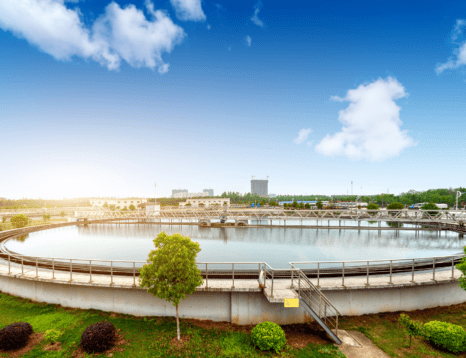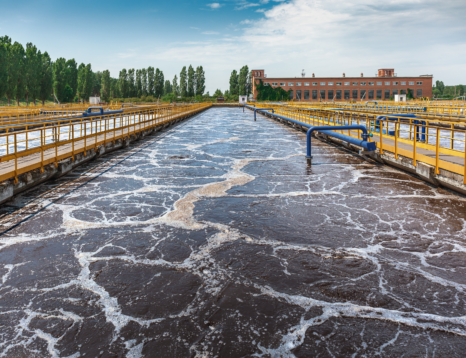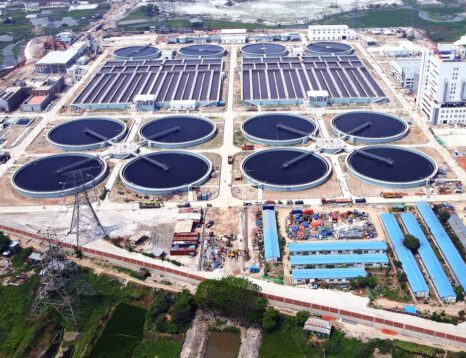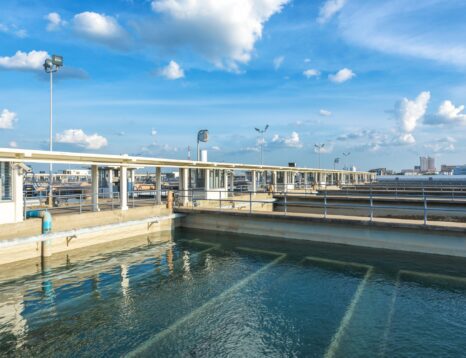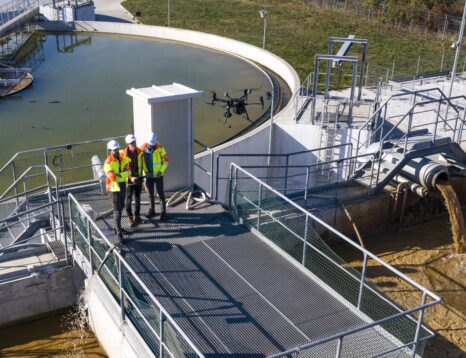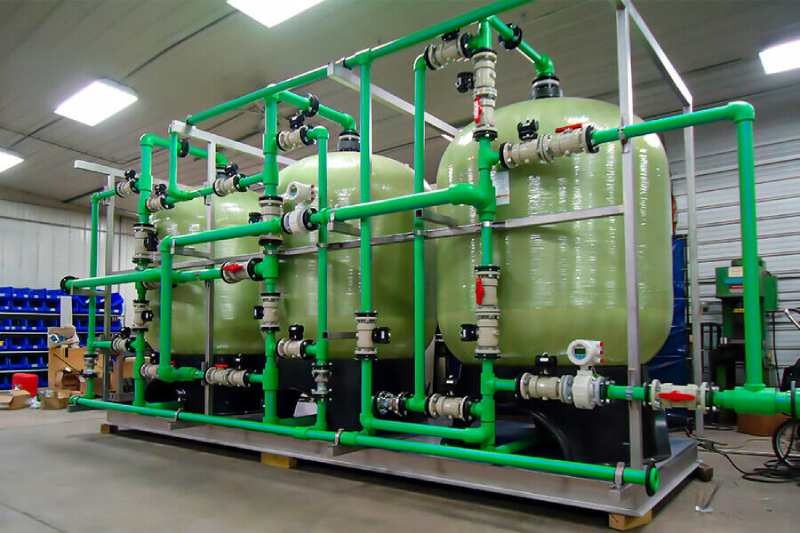
Industry in Bangladesh needs to set up water treatment plants due to the country’s increasing industrial activities and the urgent need for clean and safe water for consumption and production processes. Industries can minimize water pollution by establishing water treatment plants, complying with environmental regulations, and ensuring a sustainable water supply.
Challenges of Water Contamination
in Bangladesh
Water contamination is a severe issue in Bangladesh, posing significant challenges to the industry. The country faces various sources of water pollution that adversely affect the environment, public health, and economic development. Understanding the scope of the problem is crucial for industries to set up water treatment plants and mitigate the risks associated with contaminated water. In this article, we will explore the challenges of water contamination in Bangladesh, focusing on three primary sources: industrial pollution, agricultural runoff, and groundwater contamination.
Industrial
Pollution
Industrial pollution is a significant contributor to water contamination in Bangladesh. As factories and industries release untreated wastewater into rivers and water bodies, it contaminates freshwater resources. Harmful substances, including heavy metals, chemicals, and toxins, dissolve in the water, making it unsafe for aquatic life and human consumption. This pollution damages the ecosystem and poses serious health risks to communities near contaminated water sources.
Agricultural
Runoff
Agricultural activities are crucial to Bangladesh’s economy and contribute to water contamination. The excessive use of pesticides, fertilizers, and other chemicals in agriculture leads to runoff during rains or irrigation. These chemicals find their way into nearby water bodies, contaminating them with high levels of pollutants. The contaminated water affects aquatic life and ecosystems and poses health risks to those who rely on these water sources for various purposes, including drinking, irrigation, and livestock.
Groundwater
Contamination
Groundwater contamination is another significant challenge regarding water pollution in Bangladesh. With rapid urbanization and industrialization, improper waste disposal practices result in the seepage of contaminants into the groundwater table. Leakage from underground storage tanks, inefficient sewage disposal systems, and improper waste management contribute to the contamination of groundwater sources. As groundwater is a primary source of drinking water for both rural and urban communities, its contamination poses serious health risks, including the spread of waterborne diseases and long-term health impacts.
Considering the alarming rate of water contamination in Bangladesh, it has become imperative for industries to set up water treatment plants. These plants can effectively remove pollutants, chemicals, and toxins from the water, making it safe for daily use. By addressing the challenges of industrial pollution, agricultural runoff, and groundwater contamination, industries can play a significant role in ensuring clean water access for both the environment and the population. With proper treatment and management practices, industries can contribute to a sustainable future where clean water is available, supporting a healthy ecosystem and thriving communities.
Importance of Water Treatment Plants
in Bangladesh
Water treatment plants are crucial in ensuring access to clean water, promoting public health, and preserving ecosystems in Bangladesh. With its rapidly growing population and increasing industrialization, the demand for clean water has become more pressing. By setting up water treatment plants, the industry can actively contribute to tackling the water crisis in the country.
Ensuring
Access To Clean Water
One of the primary reasons the industry needs to set up water treatment plants in Bangladesh is to ensure access to clean water for the general population. If discharged directly into natural water bodies, untreated industrial wastewater and chemical effluents can contaminate the water supply. This contamination poses a significant risk to public health, as people rely on these water sources for drinking, cooking, and agriculture.
Water treatment plants are designed to remove harmful pollutants and contaminants from the wastewater before being released into the environment or reused. These plants effectively remove impurities through various treatment processes such as sedimentation, filtration, and disinfection, making the water safe for consumption. By ensuring access to clean water, water treatment plants improve the overall quality of life for the people of Bangladesh.
Promoting
Public Health
Waterborne diseases are a significant concern in Bangladesh due to the contamination of natural water sources. According to the World Health Organization (WHO), around 97,000 children under the age of five die each year in Bangladesh due to diarrheal diseases caused by unsafe water and poor sanitation. This alarming statistic highlights the urgent need for proper water treatment measures.
Water treatment plants are instrumental in preventing the spread of waterborne diseases by removing harmful pathogens and bacteria from the water supply. By implementing stringent treatment processes, these plants ensure the water is safe and free from disease-causing microorganisms. It significantly reduces the risk of waterborne illnesses, improving public health outcomes and a healthier population.
Preserving
Ecosystems
The environmental impact of untreated wastewater disposal is devastating to the ecosystems in Bangladesh. Industrial effluents containing toxins, heavy metals, and other pollutants can cause irreversible damage to rivers, lakes, and aquatic life. Released untreated wastewater leads to eutrophication, depletion of oxygen levels in water bodies, and disruption of ecological balance.
Water treatment plants play a crucial role in preserving ecosystems by effectively treating and purifying wastewater before it is discharged into the environment. The treatment removes harmful chemicals and pollutants, reducing the negative impact on aquatic ecosystems. By implementing water treatment plants, the industry can actively contribute to the conservation and sustainability of natural resources.
Advancing
Sustainable Practices
The need for sustainable practices has become more apparent in today’s rapidly evolving world. The industrial sector plays a crucial role, particularly in a country like Bangladesh. A critical step toward sustainability involves establishing water treatment plants within the industry. By implementing efficient treatment technologies, investing in renewable energy sources, and promoting water conservation, industries in Bangladesh can contribute to a cleaner and brighter future for all.
One key aspect of advancing sustainable practices in the industrial sector is the implementation of efficient treatment technologies. Industries can significantly reduce their water footprint using modern, state-of-the-art water treatment techniques. Technologies such as reverse osmosis, activated carbon filtration, and effluent treatment plants are highly effective in removing impurities and contaminants from wastewater. It helps ensure that the treated water meets the required quality standards and reduces the environmental impact caused by untreated industrial effluent.
Investing in renewable energy sources is another crucial step in advancing sustainable practices within the industrial sector. By harnessing the power of renewable energy, industries can reduce their dependence on fossil fuels and non-renewable energy sources. Installing solar panels and wind turbines can provide a clean and sustainable energy source for water treatment plants. Moreover, integrating energy-efficient technologies and systems can further optimize energy consumption and reduce overall carbon emissions. By embracing renewable energy solutions, industries in Bangladesh can contribute to a greener and more sustainable future.
Water conservation is of utmost importance when advancing sustainable practices in the industry. Industries should reduce water wastage by optimizing water usage, implementing leak detection systems, and promoting water recycling. By adopting water-efficient practices, industries can minimize their water consumption and ensure the sustainability of this precious resource. Water management strategies like rainwater harvesting and reclamation can further enhance water conservation efforts. Industries can reduce their environmental impact through these initiatives and contribute to the nation’s overall water security.
Conclusion
Establishing water treatment plants in Bangladesh is crucial for the industry’s sustainability and growth. By efficiently treating and managing water resources, industries can prevent harmful environmental impacts and ensure the availability of clean water for future generations. This proactive approach meets regulatory requirements and promotes responsible and ethical business practices.
Embracing the development and implementation of water treatment plants is a strategic step towards a healthier, greener, and more prosperous future for Bangladesh’s industrial sector.
Frequently
asked Questions
Water treatment is necessary in industry to remove impurities and contaminants from water sources. It ensures the quality and safety of water used in industrial processes.
Water treatment plants are necessary to ensure clean and safe drinking water. They remove impurities, harmful chemicals, and bacteria that can pose health risks. By treating water, these plants help protect public health and prevent the spread of waterborne diseases.
Wastewater treatment is crucial in industry because it helps protect the environment from harmful pollutants and contaminants. It ensures proper disposal and reduces the negative impact of industrial wastewater on water sources. It promotes sustainable practices and helps maintain a clean and healthy ecosystem.
The drinking water treatment plant is essential because it ensures that our water is clean, safe, and free from harmful substances. It removes contaminants, such as bacteria and chemicals, to make the water suitable for drinking. This plant is vital in protecting public health and preventing waterborne diseases.
Technology for a
Sustainable Future
Kingsley™ focuses on long term & sustainable future with a reliable technology.
